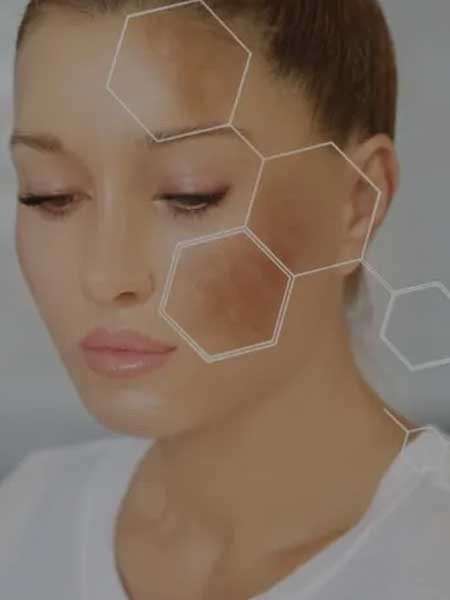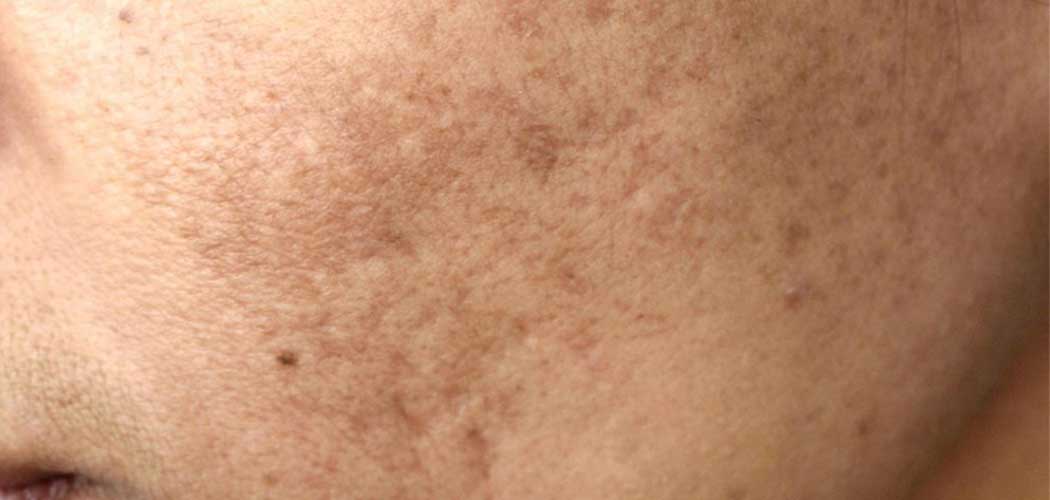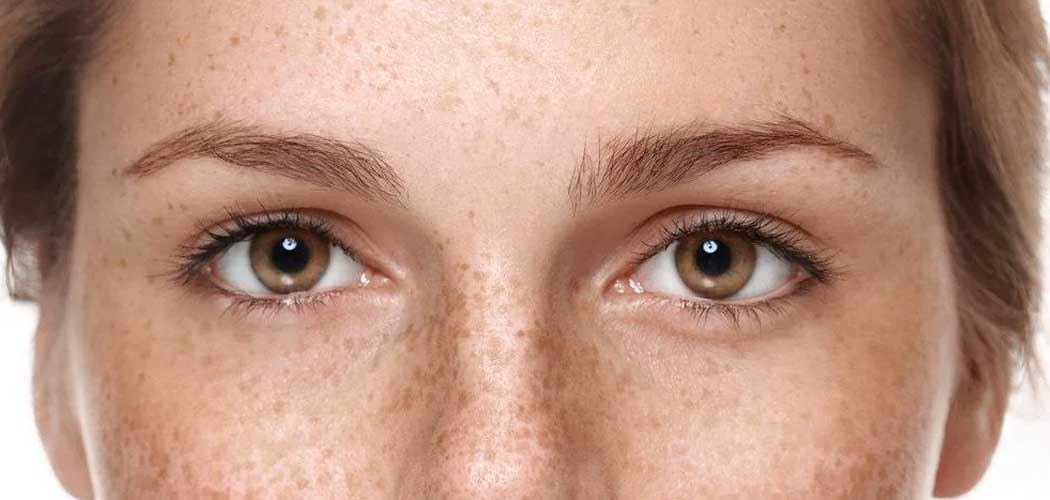Pigmentation issues, such as hyperpigmentation (excessive pigment) or hypopigmentation (lack of pigment), can result from various factors, including sun exposure, inflammation, and hormonal changes. Here are common treatments for pigmentation concerns:
1. Topical Treatments:
- Hydroquinone: A skin-lightening agent that can reduce hyperpigmentation. It's available in both over-the-counter and prescription-strength formulations.
- Retinoids: Topical retinoids, like tretinoin, can help improve skin texture and promote cell turnover, which may assist in reducing pigmentation.
- Vitamin C: An antioxidant that can help brighten the skin and reduce dark spots. It is often found in serums and creams.
- Alpha Arbutin: A naturally occurring compound that inhibits melanin production, helping to lighten dark spots.
2. Chemical Peels:
- Chemical peels involve the application of a chemical solution to remove the top layer of skin, revealing newer, more evenly pigmented skin underneath.
3. Laser Therapy:
- Lasers and intense pulsed light (IPL) treatments can target pigmented areas, breaking down excess melanin and improving skin tone. Different types of lasers may be used based on the specific pigmentation concern.

4. Microdermabrasion:
- This exfoliation technique removes the outer layer of skin, helping to reduce the appearance of hyperpigmentation.


5. Microneedling:
- Microneedling involves creating tiny punctures in the skin, stimulating collagen production and promoting a more even skin tone.
6. Topical Prescription Medications:
- Dermatologists may prescribe topical medications containing a combination of ingredients, such as hydroquinone, tretinoin, and a corticosteroid, for more severe cases of hyperpigmentation.
7. Cryotherapy:
- Cryotherapy involves freezing the pigmented area with liquid nitrogen, causing the darkened skin to peel off.
8. Fractional Laser Treatments:
- Fractional lasers target small areas of the skin, promoting collagen production and improving pigmentation irregularities.
9. Sun Protection:
- Sunscreen is crucial for preventing further pigmentation issues and protecting the skin from harmful UV rays. Use a broad-spectrum sunscreen with a high SPF, and reapply regularly.


